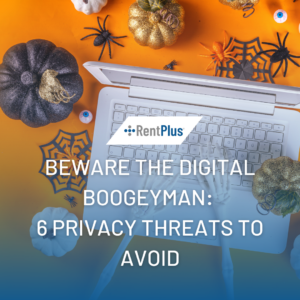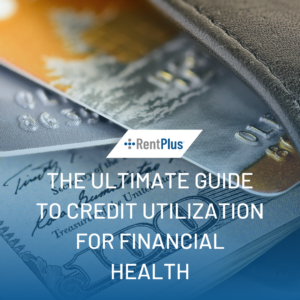Your credit score is an indicator on how you handle credit, right? So how can things that don’t involve credit at all ruin your credit score? Here are 10 surprising ways you can ruin your credit score even though they have nothing to do with your credit usage.
1. Rent A Car With Debit Cards
If you prefer to pay for expenses with a debit card, you might want to consider making an exception for renting a car. When you try to pay for a rental car with a debit card, car rental companies often pull your credit score to make sure you’re a reliable renter. These inquiries can put a ding on your credit report. Opt to use your credit card instead.
2. Buy a New Cell Phone
More and more cell phone companies have started checking your credit when you sign a contract. Sometimes they do a soft inquiry, which doesn’t affect your credit score. And sometimes they do a hard credit check, which makes it look like you’re applying for credit even when you aren’t. Too many hard inquiries in a certain period of time can negatively affect your credit score.
3. Ignore Library Fees
That overdue book or unreturned DVD actually might come back to haunt you if you’re not careful. Some libraries have been known to send unpaid fines to collections agencies, due to budget cuts and strains. Don’t let a $5 fine escalate to the point that it hurts your credit score.
4. Forget About Your Gym Membership
The most popular month to join a gym is in January when New Years’ Resolutions are on everyone’s minds. However, 80 percent of people who join the gym quit within five months. Good intentions don’t always work out the way we planned.
Many gyms have cancelation procedures that involve paperwork and actually going back inside the gym to cancel your membership. Don’t just stop making payments or cancel your credit card to get out of a payment. The gym might count it as a missed payment and send your bill to collections. Make sure you understand your membership agreement before you try to cancel it and save yourself a major headache.
5. Skip the Rent Payment
You know that, via RentPlus, you can report your monthly rent payments to credit bureaus to help build your credit score. But did you know that not paying your rent or making late payments could really hurt your credit score?
Landlords can easily get tired of your numerous late payments and report you to the credit bureaus. Or, they could ask a collection agency to collect the delinquent payments. In doing so, that notifies the credit bureaus and lowers your credit score.
6. Avoid Traffic Tickets
Do you have a pile of traffic tickets that you just don’t want to deal with right now? It doesn’t really matter if you pay them or not, right? Wrong. When you get a ticket, the police officer records your license plate number. They know who you are, even if you’re in a different state. When traffic tickets are unpaid, they’re often reported to the credit bureaus – which then negatively impacts your credit score. So, pay your traffic tickets now before they come back to haunt you.
7. Not Paying Taxes
If you’re skirting around the law and not paying your taxes, you’ll likely regret this decision when the Internal Revenue Service (IRS) files a Notice of Federal Tax Lien against you. This lien becomes public record and, therefore, appears on your credit report. The worst part about a tax lien is that it will remain on your report for up to 15 years.
8. Getting A Divorce
While filing for a divorce won’t hurt your credit score directly, it’s a separation of credit and could drop your score. The loss of half of your assets could have a negative affect your credit score. Plus, if you co-signed on anything, you’ll need to figure out who is now paying the bill and make sure it gets paid, otherwise it could hurt both of your scores even more.
9. Disregard Medical Bills
Do you feel like your drowning in medical bills? If so, you’re not alone. According to a survey by Bankrate.com, 63 percent of people said they don’t have a savings to cover a $1,000 medical or dental bill. In fact, 15 percent of the people surveyed said they’d depend on a credit card to pay the bill if needed.
Medical bills can be hard because they’re often unexpected and costly. Don’t ignore these bills, however. If unpaid, they can be sent to the collection agency and hurt your credit score. The same goes for if you pay the bill with your credit card without the means to pay it off soon. Paying your bill will help you avoid interest fees and lower credit scores.
10. Having No Emergency Fund
24 percent of Americans don’t have any kind of emergency fund at all, according to Bankrate.com. Yet, these are likely the people who need it most. Within the next year or two, everyone will come across some sort of unexpected expense that could potentially set them back. And an unplanned emergency like a medical expense, loss of work, or broken car can set people in a tailspin.
When an emergency happens and you don’t have an emergency fund, many people take out loans, use credit cards, or try to postpone payments as long as possible. If you’re already living paycheck to paycheck, an unexpected emergency expense could be a major setback. So, prepare for tomorrow by saving today.
In conclusion, pay your bills on time and be smart about where and how you spend your money. You never know how it can positively or negatively affect your financial situation.



